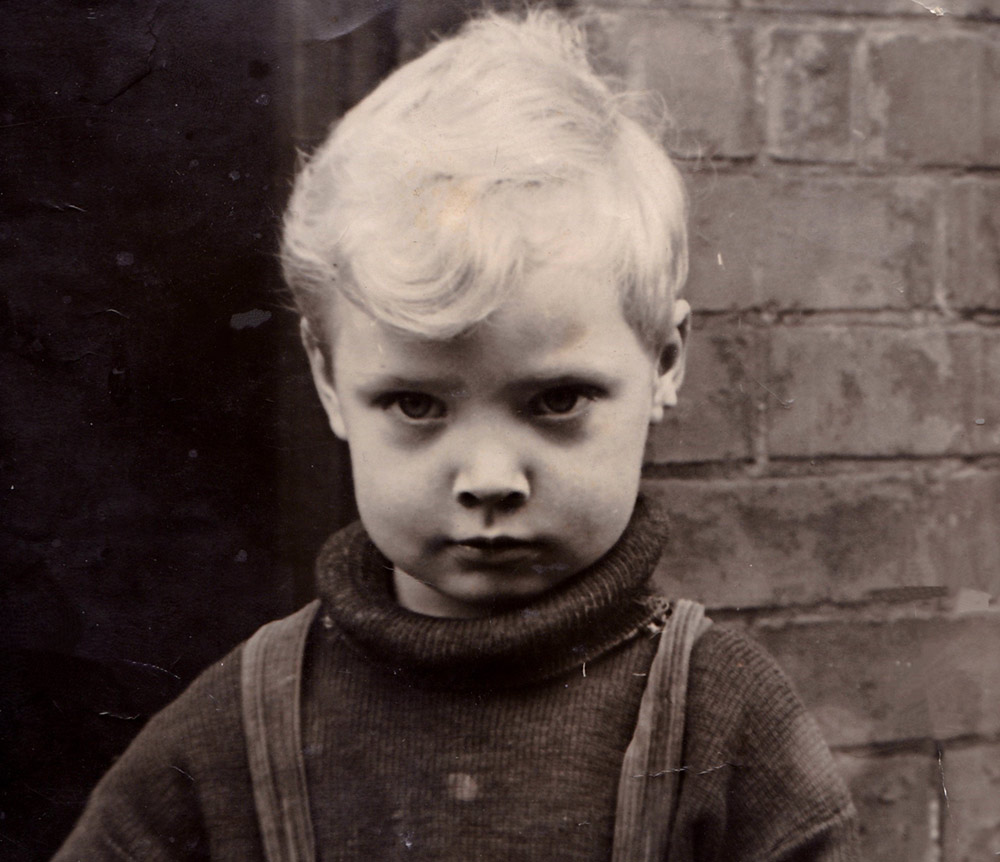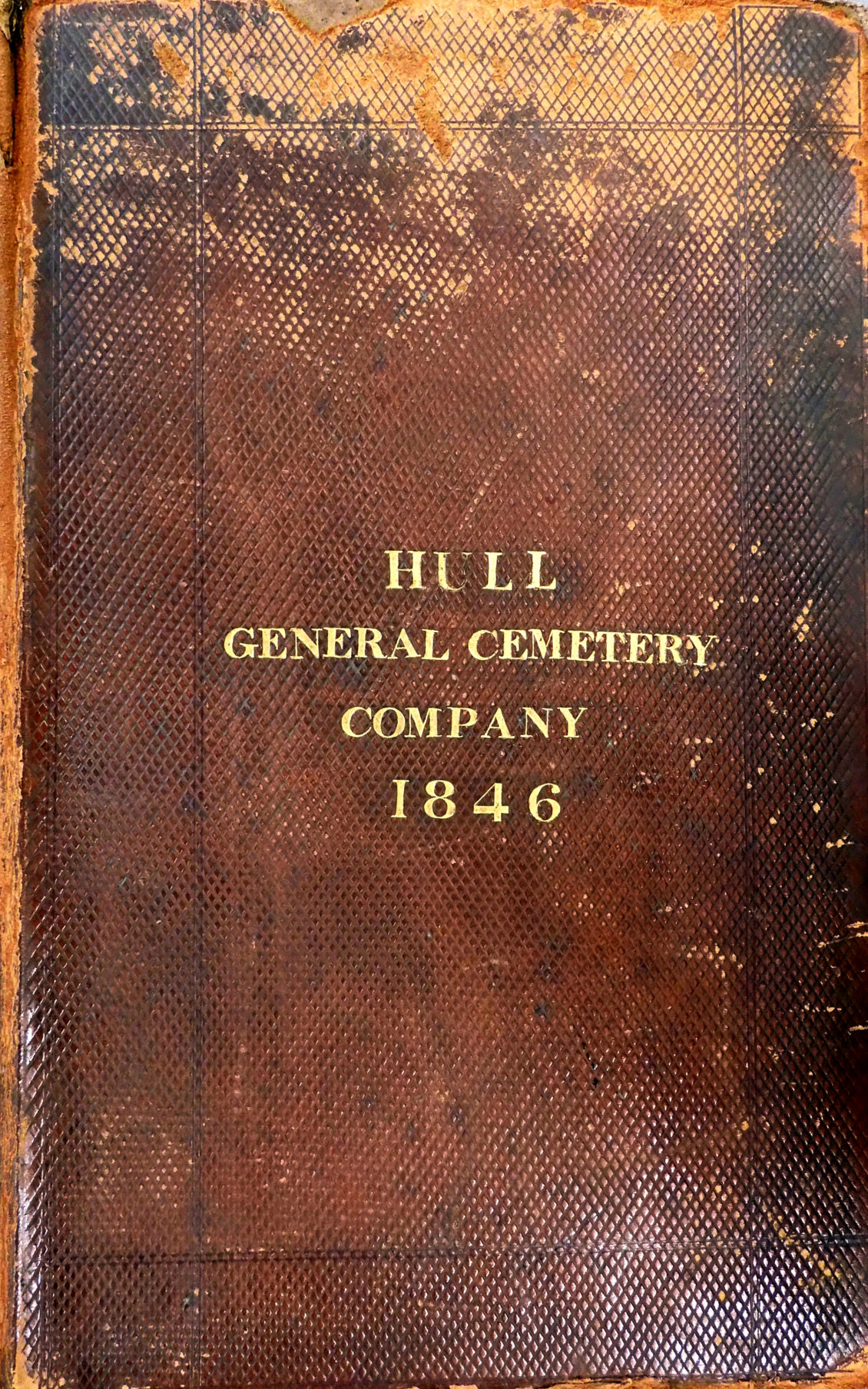The anniversary this month shows that the Company could, when it had to, play a mean game of poker. It’s opponents? Hull City Police Force. Here’s what happened.
On the 28th October 1875 the directors of the Company held an emergency board meeting. This meeting was called as a result of a letter they had received. The letter had come from the local Watch Committee of the Corporation. This was a committee of the Hull Corporation that concerned itself with law and order. The letter was signed by the Chief Constable of Hull City Police, Thomas Cook.
The letter stated,
Dear sirs,
At a meeting of the Watch Committee this day it was ‘resolved’, that the Directors of the cemetery company be informed that the attention of the committee has been called to the practice of the borough police being employed beyond the borough in watching the cemetery on Sundays, and the committee desire to call the directors attention to the matter, in the hope that the company will make their own arrangements or through the medium of the county police for watching the cemetery, that the borough police may be withdrawn.’
This letter, much like today, was one attempt to keep costs down for the Corporation. What better than to remove the police constables patrolling the cemetery, which was actually situated in Cottingham parish after all? The cemetery did not become part of Hull until 1885. It must have struck the Watch Committee members as a good way to save money without it harming themselves in any way.
This wasn’t quite how the directors of the Company saw it. Thus the emergency board meeting.
Raise the stakes
However, when in doubt, raise the stakes. The Company did. It’s reply reached the Watch Committee on the 4th November and it must have caused some members of that august gathering to blanch a little.
The chief constable’s letter and the resolution therein contained having been read, and the circumstances under which the police were first put on duty at the cemetery having been considered, from which it appeared that in consequence of complaints made to the directors about plants and flowers being destroyed in the cemetery the grounds were closed against the public on Sundays from the 1/9/1856 and continued so closed until May the following year, when a request was made by the then mayor of Hull (W.H.Moss esq) that the public might be again permitted to walk in the cemetery on Sundays, and the Board in compliance with such request again opened the cemetery upon the express understanding that the visitors should be restricted to the gravel walks and that the watch committee should provide sufficient policemen to enforce the observance of such restriction, to preserve order and to protect the graves, tombstones, plants and shrubs from injury.
And further more…
The letter went on to inform the Watch Committee that the Company had,
Resolved that inasmuch as the public who frequent the cemetery on Sundays ate almost exclusively residents in the borough of Hull, this board trusts that the borough police may be permitted to continue their attendance, to carry out the before mentioned restrictions, but should the Watch Committee determine to withdraw the police from such duty the directors hope that timely intimation may be given of such determination in order that the public may have due notice of the Board’s intention to close the cemetery against visitors on Sundays. The directors are most anxious to continue every facility possible for the admission of the public as the grounds are becoming increasingly attractive and they therefore venture to repeat that they can only do so through the aid of the Watch Committee as in the event of the police being withdrawn the directors feel convinced from past experience that the property of the owners of vaults and graves in the cemetery would no longer be safe from injury.’
Own goal
And with that missive, the ball was safely returned over the net and the Watch Committee suddenly found itself with a problem. What had seemed an easy way to make a cutback in public expenditure now looked like an own goal. The public liked and enjoyed walking in the Cemetery. It was quiet, restful and beautiful. And it especially enjoyed using the Cemetery on a Sunday as that was the one day the vast majority would not be at work.
So for the Cemetery to shut its gates on a Sunday would be very bad. That this would occur through the actions of the Watch Committee was not something that had been envisaged when the idea was thought up. The Watch Committee were caught in a trap of their own making. They could not go back on what they had said. Nor could they be seen to have caused the Company to shut its gates on Sundays.
On the 2nd December the Watch Committee sent a letter to the Company. It stressed that after consideration they would still allow the constables to patrol the grounds of the Cemetery. However the numbers would be reduced from six to three. The Company thought this was sufficient and there the matter ended. For once the Company had played a blinder. A rare occasion for an anniversary.

Pete Lowden is a member of the Friends of Hull General Cemetery committee which is committed to reclaiming the cemetery and returning it back to a community resource.

